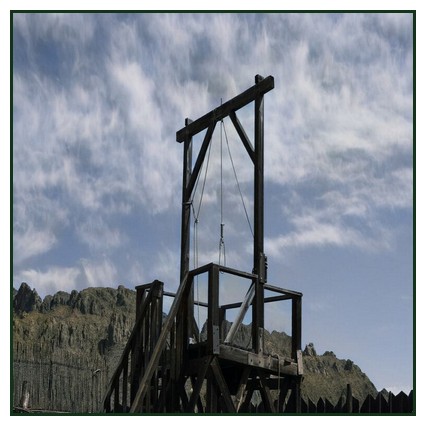
In a recent report by Walter Frith for “M.A.P.”, a strange case in Limerick has come to light. A man faced trial for robbery with violence, a capital offence at the time. In a bizarre turn of events, the accused claimed that a stranger present in the courtroom could prove his innocence. Using the stranger’s diary entry as evidence, the court acquitted the accused. However, it was later revealed that the stranger and the defendant were in fact confederates. Both were eventually apprehended for a different crime — sheep-stealing — and ultimately faced the hangman’s noose.
The intriguing Limerick case, as detailed by Walter Frith in “M.A.P.”, demonstrates the unexpected twists that can occur within legal proceedings. The unconventional defence strategy not only managed to secure the accused’s temporary freedom but also confounded all involved. Although the stranger’s diary provided the key to acquittal in the robbery case, the truth eventually caught up with both men as they were apprehended and convicted of sheep-stealing.
This bizarre turn of events highlights the complexities of the justice system and serves as a reminder that criminals may find temporary ways to evade a conviction but ultimately face repercussions for their actions. Furthermore, the case also sheds light on the importance of thorough investigation and due diligence to uncover the truth. Such cases may serve as a valuable lesson for legal practitioners and the general public alike – emphasizing the fact that while deception might provide momentary relief, the consequences will eventually catch up.
ABERDEEN PRESS AND JOURNAL – SATURDAY 27 DECEMBER 1902


